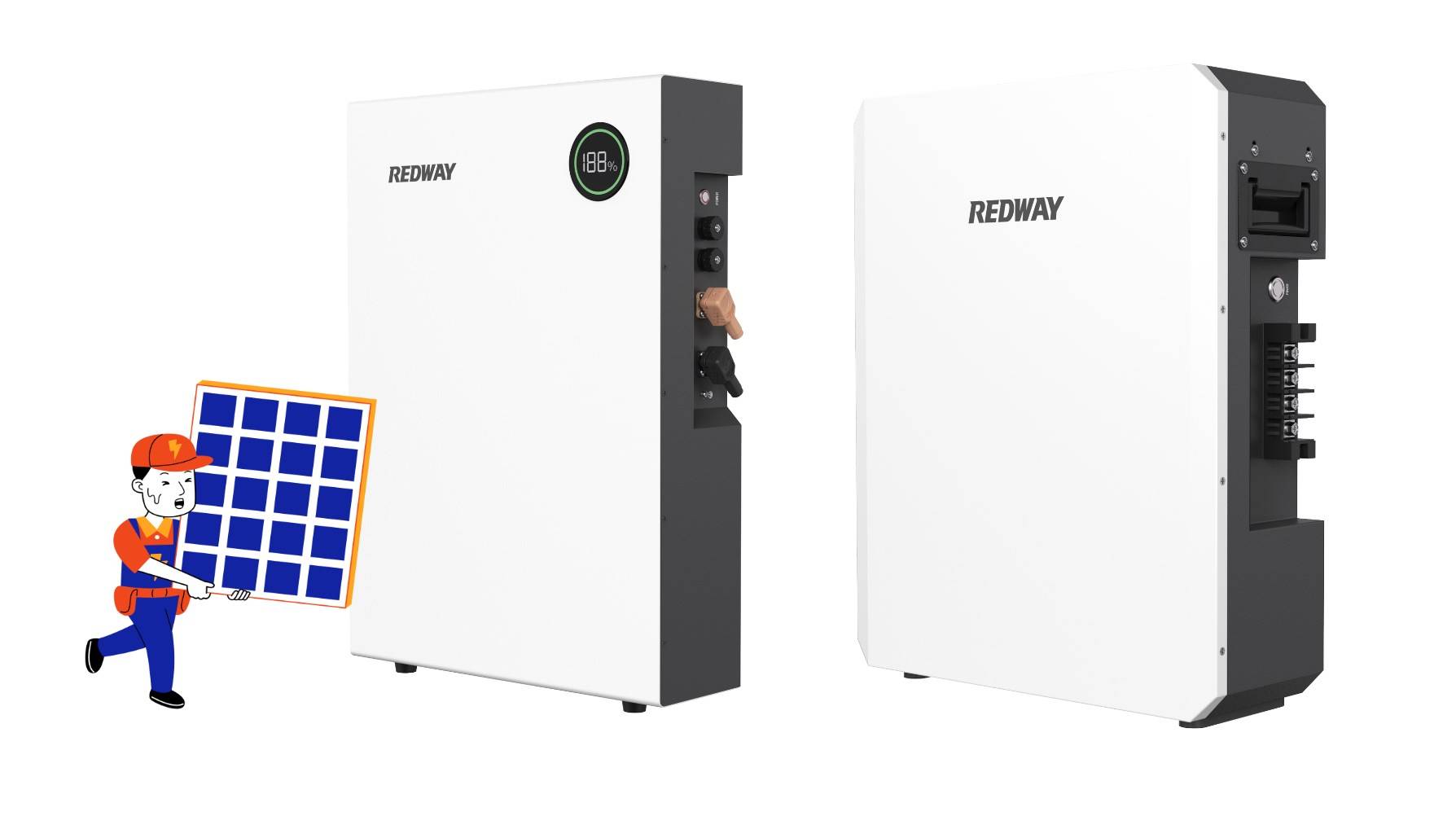12V Li-Ion batteries are increasingly favored for solar energy systems due to their efficiency, longevity, and safety features. These rechargeable batteries provide reliable power storage solutions, making them ideal for various applications in renewable energy setups. This guide explores the benefits and characteristics of using 12V Li-Ion batteries in solar systems.
What is a lithium-ion battery and how does it work?
A lithium-ion battery is a type of rechargeable battery that uses lithium ions as the primary component of its electrochemistry. In a 12V Li-Ion battery, multiple cells are connected in series to achieve a nominal voltage of 12 volts. During discharge, lithium ions move from the anode to the cathode through an electrolyte, generating electrical energy. When charging, this process reverses, allowing the battery to store energy.
| Component | Function |
|---|---|
| Anode | Typically made from graphite |
| Cathode | Made from lithium metal oxide |
| Electrolyte | Facilitates ion movement between electrodes |
What are the advantages of using lithium-ion batteries in solar systems?
Lithium-ion batteries offer several advantages for solar energy systems:
- High Energy Density: They can store more energy in a smaller footprint compared to other types.
- Long Cycle Life: Typically lasting over 2000 charge cycles.
- Low Self-Discharge Rate: Retain charge effectively when not in use.
- Fast Charging Capability: Can be charged quickly without damaging the cells.
| Advantage | Description |
|---|---|
| High Energy Density | More energy stored per unit volume |
| Long Cycle Life | Cost-effective over time |
| Low Self-Discharge Rate | Maintains charge when idle |
| Fast Charging Capability | Reduces downtime during charging |
Why are 12V lithium-ion batteries popular for solar energy storage?
The popularity of 12V lithium-ion batteries in solar systems stems from their ability to efficiently store and release energy generated by solar panels. Their compact size makes them ideal for residential installations, where space may be limited. Additionally, their high efficiency and low maintenance requirements make them an attractive choice for homeowners looking to maximize their renewable energy use.
| Popularity Factors | Description |
|---|---|
| Efficiency | Maximizes energy use from solar panels |
| Compact Size | Ideal for limited installation spaces |
| Low Maintenance | Reduces upkeep costs and efforts |
How do you maintain lithium-ion batteries for optimal performance?
To ensure optimal performance and longevity of Li-Ion batteries, follow these maintenance tips:
- Regular Monitoring: Check voltage levels and overall health periodically.
- Proper Charging Practices: Avoid deep discharges and overcharging; use appropriate chargers.
- Temperature Control: Keep batteries within recommended temperature ranges (typically -20°C to 60°C).
| Maintenance Task | Frequency |
|---|---|
| Regular Monitoring | Monthly checks |
| Proper Charging Practices | Every charge cycle |
| Temperature Control | Continuous monitoring |
What safety considerations should be taken into account?
When using Li-Ion batteries, consider these safety aspects:
- Ventilation: Ensure proper airflow around the battery system to prevent overheating.
- Installation Standards: Follow manufacturer guidelines and local regulations during installation.
- Fire Safety Measures: Have fire extinguishers nearby and ensure proper handling procedures.
| Safety Consideration | Importance |
|---|---|
| Ventilation | Prevents overheating |
| Installation Standards | Ensures compliance with safety regulations |
| Fire Safety Measures | Reduces risk of fire hazards |
What are the environmental benefits of using lithium-ion batteries?
Li-Ion batteries contribute positively to environmental sustainability by:
- Reducing Carbon Footprint: They enable greater use of renewable energy sources, decreasing reliance on fossil fuels.
- Recyclability: Many components can be recycled, minimizing waste.
- Longer Lifespan: Fewer replacements mean less waste generated over time.
| Environmental Benefit | Description |
|---|---|
| Reducing Carbon Footprint | Supports renewable energy integration |
| Recyclability | Minimizes environmental impact |
| Longer Lifespan | Reduces overall waste generation |
How do lithium-ion batteries compare to lead-acid batteries?
When comparing Li-Ion to lead-acid batteries:
- Energy Density: Li-Ion has significantly higher energy density, allowing more energy storage in less space.
- Cycle Life: Li-Ion typically lasts longer (2000+ cycles) compared to lead-acid (500-1000 cycles).
- Weight: Li-Ion is lighter, making it easier to handle and install.
| Comparison Factor | Lithium-Ion | Lead-Acid |
|---|---|---|
| Energy Density | Higher | Lower |
| Cycle Life | 2000+ cycles | 500 – 1000 cycles |
| Weight | Lighter | Heavier |
Buy Wholesale Battery Tips
For those interested in purchasing bulk or OEM orders, partnering with reputable manufacturers like Redway Battery, known for their expertise in lithium technology over their 13 years in the industry, is essential. They provide comprehensive support throughout the ordering process, ensuring high-quality products tailored to specifications. To make OEM orders successfully:
- Clearly identify your requirements.
- Contact Redway Battery’s sales team with your specifications.
- Discuss customization options based on your needs.
- Finalize agreements on pricing and delivery timelines.
Industrial News
The market for lithium-ion batteries continues to expand as more consumers adopt renewable energy technologies like solar panels. Recent advancements focus on improving battery technologies such as Lithium Iron Phosphate (LiFePO4), which offers enhanced safety features and longer lifespans compared to traditional lead-acid options.
Redway Expert Views
“LiFePO4 technology represents a significant advancement in battery design,” states an expert from Redway Battery. “Its combination of safety, longevity, and environmental friendliness makes it an ideal choice for a wide range of applications.”



